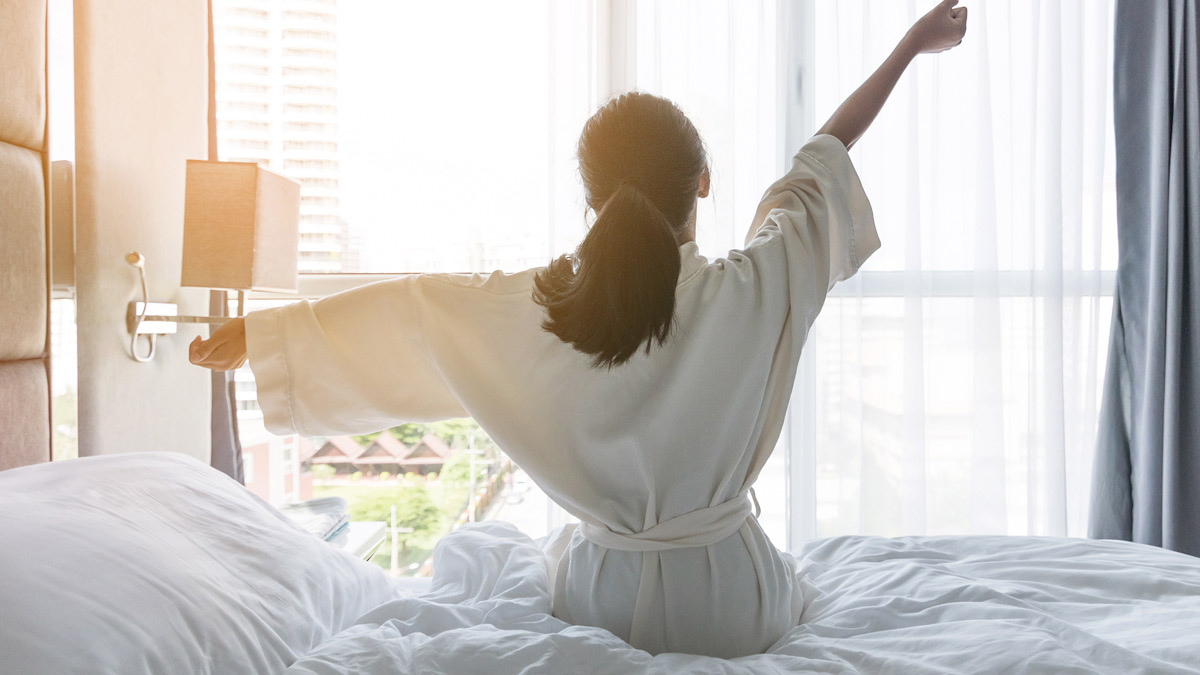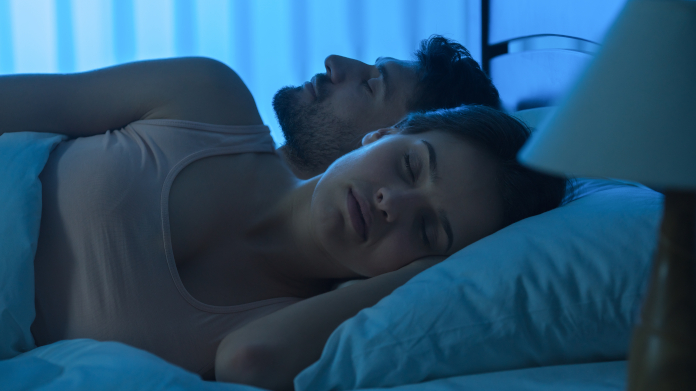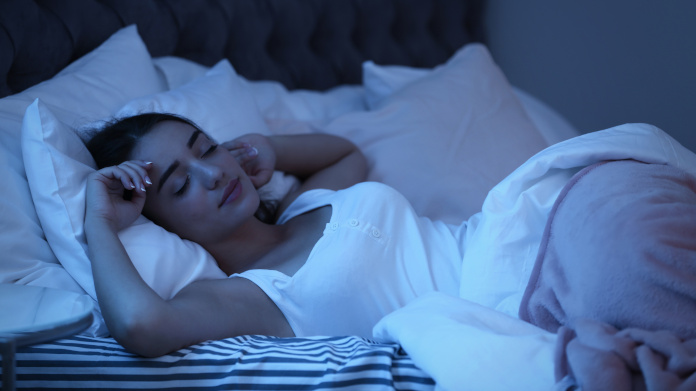
7 essential tips for sleeping well without pills
One in five people have trouble sleeping. One in nine regularly take sleeping pills. If you too, feel abandoned by the god of dreams, then why not follow our action tips for achieving a good night’s sleep - the natural, drug-free way.
1/ Prioritise gentle activity
Action
Spend 30 minutes a day doing relaxing activities and avoid cardio-exercises (running, tennis, workouts …) after 7 pm as they encourage the production of hormones that keep you alert and raise your body temperature (to sleep well, your body temperature should go down).2/ Put your faith in sleep-inducing plants
Action
Ingest these plants and herbs regularly in the form of tisanes, infusions, capsules, tablets or homoeopathic granules.3/ Recognize when you’re getting sleepy
Action
Treat the evening as a time to prepare for sleep, and treat the bedroom simply as a room in which to sleep (no television, no screens, and no computers). Don’t plan any activity or work that could prevent you from going to bed at the first signs of tiredness.4/ Limit any afternoon naps
Action
Take short naps only (no more than 20 minutes), setting an alarm, and do not sleep any later than early afternoon.5/ Try therapies known to work
Action
Try (or combine) several methods if necessary, but be aware that whatever method/s you choose will only work if you also adopt a healthy lifestyle and follow the other advice given here.6/ Know your sleep requirements
Action
Forget about the alarm clock during the holidays and go to bed at the first signs of tiredness. After a few days, your natural sleep will automatically establish itself and you will know your sleep ‘profile’. If you only need 7 hours to feel in top form, there’s no point in sleeping longer.7/ Avoid stimulants
Action
Swap the tea and coffee for tisanes from mid-afternoon onwards and avoid alcohol in the evening.2
Great quality supplements
Great quality supplements! Orders arrive in a timely manner and customer service is all about the customer if there's any issues!! So glad I found this company and refer them all the time to others!
Buyer
6
Excellent supplements
Excellent supplements, clear website with important and useful information for each product (benefits, composition, studies made…) Fast and easy delivery. I have been a customer for year, and still trust Supersmart as the best.
BUISSON Laurence
19
I see clearly now!
Full comprehensive formula.
DOMINIC
23
Fast service good products
Fast service good products
PERCY
1 Days
Great Product ...........
Great Product ............ Fast Service. Thanks Supersmart.
SCOTT Mark
2 Days
Good price & waiting to find out how beneficial the product is.
At this time I can not comment on any medical value of my purchase. I have no medical issues I'm treating so I will have to wait until my next blood test some months away to see just what benefit this product has given me.
El Capt
2 Days
Quality Products
Fast shipping and quality supplements - some that are hard to find. Great selection on the website and usually have discounts.
WadeS
6 Days
Customer service is impeccable
Customer service is impeccable, shipping is almost immediate and best of all quality of products are second to non!
Mohamad Hussein
6 Days
Great fast service.
Great fast service.
Wai Kuen Lee
8 Days
Good service, fast delivery.
I received my order in just a few days. Great service, considering it was sent via USPS!
ABERT Ronald
8 Days
Great quality I noticed the vitamin B1…
Great quality I noticed the vitamin B1 and the Magnesium Complex helps my nerves and helps me go to the bathroom easier
MMA TUBE
10 Days
I'm so glad I found this site!
The ordering experience was a breeze. My choice in the products were mainly of their description which fit very close to what I was looking for. Since I have been using the supplements for a few months now, there is a big difference in the way I feel. I am much more focus. Thank you for providing good quality products that works!
Honyee
12 Days
Very effective high-quality
These are very effective high-quality products. I can feel the difference.
Julee
12 Days
Arrived on time
My product arrived on time and was packaged professionally.
LAURIE CALLAHAN
12 Days
The best
Outstanding products and service
jaygol



